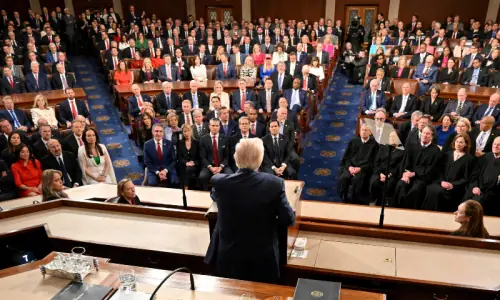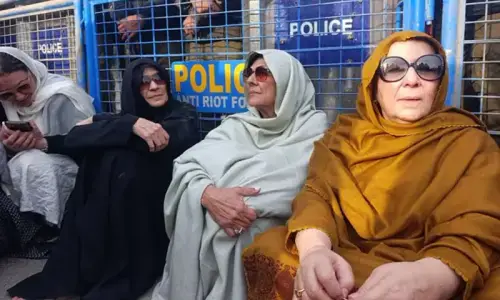During the Sultanate period, the issue of Hindu-Muslim relations generated a controversy between the Muslim rulers and the ulema. Following the model of the Arab rule in Sindh, the ulema held Hindus at par with the Jews and the Christians as the ‘people of the Book’. They were regarded as Zimmis who paid jizya. After the Mongols invaded Central Asia, some ulema arrived to settle in India and critical of this policy, they discussed among themselves the options to make amendments to it.
Ziauddin Barani, (1285–1357) a Muslim historian and political thinker, in his book Sana-i-Muhammadi discussed the ulema’s view in detail. He highlighted that the Hindus were not people of the book but infidels and pagans as they did not have a divine book nor prophets to guide them. So he believed they should be regarded differently from the Jews and the Christians.
The ulema met Sultan Iltutmish to convince him that the policy of the Muslim state was against Islamic law. They suggested that as the Hindus were not people of the book, they should either be converted to Islam, or killed in case of denial. They further argued that in a Muslim state, infidels must not be allowed to live respectably but should be humiliated and insulted. They wanted the sultan to adopt a policy of coercion towards them and express his anger and displeasure in the presence of the Hindus. When they finished, their conversation, the sultan asked his wazir Nizamul Mulk Junaidi, to respond to the arguments of the ulema. The wazir told him that the argument of the ulema about the Hindus was correct as according to the Sharia, they should either be converted or be killed because they were enemies of the Holy Prophet (PBUH). Junaidi pointed out that the Muslims were in minority, while the Hindus formed the majority in the subcontinent. He feared that they would unite and revolt against the policy of coercion which would make it difficult for the Muslims to maintain their hold on the subcontinent. So until the sultanate consolidated and became powerful, a harsh policy towards the Hindus was not advisable. After hearing this, the ulema requested the sultan to not allow Hindus to be appointed to high posts, to reside in Muslim localities or to freely perform their religious rituals.
In his book Fatawa-i-Jahandari, Ziauddin Barani revised the question that if a Muslim ruler with political power, wealth and resources tolerates religious practices of the non-Muslims and fails to prevent their influence, how would Islamic teachings be propagated and paganism eliminated.
During the period of Iltutmish, Nuruddin Mubarak Ghaznavi, a religious scholar criticised the Muslim rulers for failing to take any action against the infidels because of their majority. He argued that they should be treated with contempt and not be permitted to worship idols openly. They urged the sultan to crush the Brahmins, who were the root cause of idol worship. According to Ghaznavi, the sultan should crush the Brahmins, preserve the Islamic spirit and not extend them any favours or concessions. He also requested that the sultan should expel all philosophers from state institutions and appoint only pious and devout religious people on high posts.
While the rulers patiently listened to the exhortations of the ulema, they still did not allow interference in state affairs. They made no attempt to impose the Sharia and continued to follow a policy which suited the interest of the state.
































